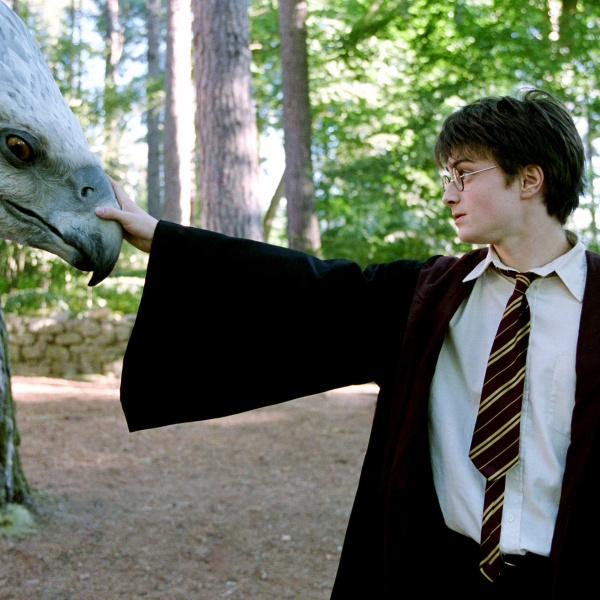A new month means new Turner Classic Movies picks from some of our favorite filmmakers working today. For September, TCM has enlisted the help of writer/director Scott Frank, known for his recent work on “The Queen’s Gambit” and “Monsieur Spade,” but whose bonafides also include the screenplays for the Elmore Leonard adaptations “Get Shorty” and “Out of Sight,” as well as “Minority Report” and “Logan.” Keeping it short with only four films, all of which were made between the 1950s and 1970s, Frank singles out two anti-war films, “The Battle of Algiers” and “The Tin Drum,” and also pays homage to some of his cinematic influences.
As the first film on his list, Frank described Gillo Pontecorvo’s “The Battle of Algiers” as “very relevant to what’s happening in the world today.” It takes an in-depth, on-the-ground approach in recreating the 1954 incursion of the Algerian rebels into the city of Algiers and subsequent violent response from French paratroopers. In addition to praising the work of composer Ennio Morricone, who did the score for the film, Frank also recognized the influence it has had on other filmmakers, including Alfonso Cuarón, whose dystopian thriller “Children of Men” shares many stylistic similarities.
“What I love about this movie and have always loved is the style,” Frank said. “It’s shot in Italian neo-realist style, which is very documentary, very gritty, handheld, feels very alive, so you feel like you’re there, and what’s really amazing about that style is it also makes the personal stories front and center, so even though there are these huge issues at play — there are these huge scenes of thousands of people and so on in battle and everything — ultimately the emotion comes from these people that you get to know really well throughout the story.”
In reflecting on John Sturges’ neo-noir Western “Bad Day at Black Rock,” Frank was quick to acknowledge the tremendous cast, which includes Spencer Tracy, Robert Ryan, and Lee Marvin, and how the setting granted their characters more authenticity.
“It’s very spare, to the point that there are no extras even in the town you realize at a certain point, ‘Where is everybody?’ And it’s great because it still feels real,” said Frank. “It gives it a whole other vibe and as a filmmaker it was interesting for me to see that because sometimes none is better.”
On the topic of the 1971 crime thriller “Klute,” starring Jane Fonda and the late great Donald Sutherland, Frank listed the film’s director, Alan J. Pakula, as one of his cinematic inspirations. In addition to “Klute,” Pakula is also known for directing “The Parallax View” and “All the President’s Men,” all three of which expertly captured the paranoid times people were living through during the 1970s.
“The reason I love this movie so much is because of the way it’s shot,” Frank said in discussing “Klute.” “Alan J. Pakula was a very handsome, elegant director. Everything was very simple. There were not a lot of camera pyrotechnics, not a lot of swooping camera shots and giant crane shots, everything was very composed. And this film was shot by the great Gordon Willis, so within the frame, half of the frame may be all black. Lots of blacks in this film and also rooms within rooms. Just the way they use composition to tell the story instead of a lot of fancy camera pyrotechnics, it really kind of blew my mind and I love how reducing it down to the most simple way to shoot a scene, you really get a sense of what’s important and you really are only cutting or moving the camera or punctuating in any way visually when you have to.”
For his final pick, Frank chose Volker Schlöndorff’s anti-war epic “The Tin Drum,” which charts the comic tale of young boy being raised during the rise of Nazism who refuses to age physically. In the video below, Frank breaks down the character’s birth scene in particular, calling it “bonkers,” but nevertheless, describing the film as a whole as “beautifully directed, beautifully acted all across the board.”
Watch the full video of Scott Frank’s TCM picks for September below.




